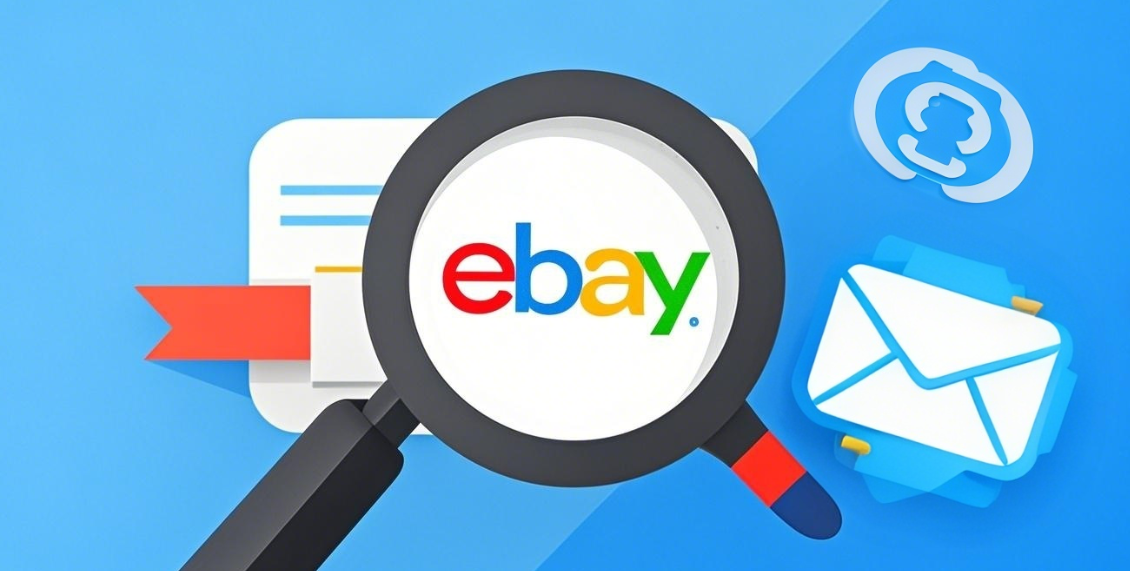 400-076-6558智领未来,外贸超级营销员
400-076-6558智领未来,外贸超级营销员
 400-076-6558智领未来,外贸超级营销员
400-076-6558智领未来,外贸超级营销员

In the realm of international trade, product certification is a crucial step for businesses aiming to enter new markets. Turkey's TSE (Turkish Standards Institution) certification is no exception. With Turkey's growing economy and strategic location bridging Europe and Asia, it has become an attractive market for many international businesses. The TSE certification ensures that products meet the Turkish national standards and safety requirements, which is essential for market access in Turkey.
According to recent statistics, over 70% of imported products in Turkey need to have the TSE certification to be legally sold in the market. This indicates the high importance of TSE certification for businesses targeting the Turkish market.

One of the unique aspects of TSE certification is the requirement of a local representative. Turkish law mandates that foreign manufacturers must appoint a local representative in Turkey. The local representative plays a vital role in the certification process. They are responsible for communicating with the Turkish authorities on behalf of the manufacturer, ensuring that all legal requirements are met, and handling any post - certification issues.
In practice, many foreign companies have faced challenges in the TSE certification process without a proper local representative. For example, a European electronics company once struggled to get its TSE certification approved because of miscommunication with the Turkish authorities. After appointing a local representative, the company was able to resolve the issues and obtain the certification within a few months.
While the EU CE certification is well - known in the European market, it cannot be directly substituted for the TSE certification in Turkey. The CE certification indicates that a product meets the essential requirements of EU directives, while the TSE certification is based on Turkish national standards. Although there may be some similarities between the two, they are not identical.
For instance, in the field of electrical appliances, the safety requirements in the EU and Turkey may have some differences in terms of voltage standards and electromagnetic compatibility. Therefore, a product with a CE certification still needs to go through the TSE certification process to enter the Turkish market.
| Certification | Based on | Applicable Market |
|---|---|---|
| TSE | Turkish national standards | Turkey |
| CE | EU directives | EU member states |
The TSE certification process involves several steps. First, the manufacturer needs to prepare the necessary documentation, including product specifications, test reports, and quality control documents. Then, the local representative submits the application to the TSE. After the application is received, the TSE will conduct a review and may require additional tests or information.
The entire process usually takes about 3 - 6 months, depending on the complexity of the product and the completeness of the documentation. For example, for simple consumer products, the process may be completed within 3 months, while for complex machinery, it may take up to 6 months.

Companies often face challenges in the TSE certification application process. One of the main challenges is the preparation of accurate and complete documentation. Many foreign manufacturers are not familiar with the specific requirements of Turkish standards, which can lead to delays or rejections.
To solve this problem, companies should work closely with their local representatives. The local representative can provide guidance on the documentation requirements and help the manufacturer collect and prepare the necessary documents. In addition, effective communication with the TSE is also crucial. Companies should respond promptly to any requests from the TSE to avoid unnecessary delays.
In addition to TSE and CE certifications, there are other important international certification standards, such as the US FCC (Federal Communications Commission) certification for electronic products and the Chinese CCC (China Compulsory Certification). Each certification has its own specific requirements and application processes.
By comparing these different certification standards, companies can develop a comprehensive compliance strategy. For example, a company that wants to sell its products globally can plan its certification process in advance to meet the requirements of different markets. This can help the company save time and cost in the long run.
(1).png)
Do you have any experience with product certification in international markets? Click here to learn more about how to develop a comprehensive compliance strategy for different markets.
.png?x-oss-process=image/resize,h_100,m_lfit/format,webp)
.png?x-oss-process=image/resize,h_100,m_lfit/format,webp)

.png?x-oss-process=image/resize,h_100,m_lfit/format,webp)
.png?x-oss-process=image/resize,h_100,m_lfit/format,webp)
.png?x-oss-process=image/resize,h_100,m_lfit/format,webp)
.png?x-oss-process=image/resize,h_100,m_lfit/format,webp)
